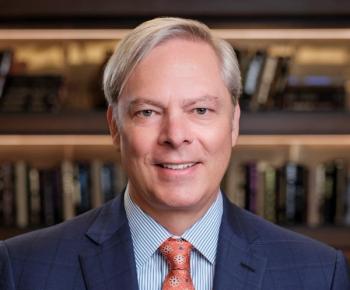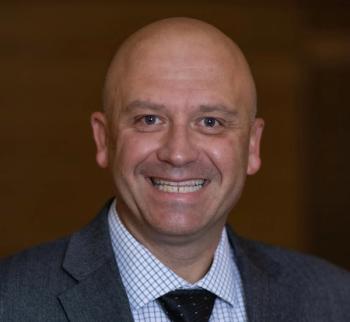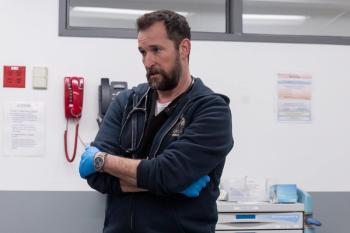
More hospital leaders, doctors and nurses are speaking out against gun violence
Surgeon General Vivek Murthy issued an advisory about firearm violence. Physicians and healthcare leaders endorsed his message, and some have been more vocal on the issue.
Even before Surgeon General Vivek Murthy issued an
In March 2023,
“If that doesn’t tell us we’re an outlier, and not in a good way, nothing else will,” Murthy told the audience of hospital leaders in 2023.
In releasing his advisory last week, Murthy said
“Firearm violence is a public health crisis,” Murthy said. “Our failure to address it is a moral crisis.”
In the days after Murthy issued his advisory, doctors, nurses and healthcare leaders offered strong support of that message. But even before Murthy issued the advisory, hospital leaders and clinicians have become more vocal about addressing gun violence and viewing it as a public health issue.
Seeing the damage
Chris Dellinger, president of the Emergency Nurses Association, says Murthy’s advisory echoes “what emergency nurses know all-too-well.”
“Emergency nurses see firsthand the damage caused by firearms – whether in a mass shooting, urban violence, self-harm or intimate partner violence – and understand deeply the need to find solutions that reduce the frequency and severity of firearm injuries and deaths,” Dellinger said in a statement.
Michael Dowling, president and CEO of Northwell Health, praised Murthy for issuing the advisory. “I applaud these efforts to raise awareness and foster collaboration as we work together to curb this crisis,” he wrote in a message on X (formerly known as Twitter).
Dowling
At this year’s forum in February, Dowling said, “Organizations are doing things today that they did not do before. So many of those entities that suggested back then that we shouldn't be involved are now directly involved. There's been a lot more collaboration, people working together more so than ever before.”
Hospital leaders met with senior officials in the White House on June 6, a few weeks before the surgeon general issued the advisory, to talk about the issue of gun violence. Richard Pollack, president and CEO of the American Hospital Association, noted that hospitals have been distributing trigger locks and hosting events to buy back guns.
“Every day, in every single community we serve — rural, urban or suburban — hospitals see firsthand the devastating impact of not only gun violence, but all forms of community violence,” Pollack said in a
Matthew Cook, CEO of the Children’s Hospital Association, also attended the White House meeting and has been one of the most vocal healthcare leaders on the issue of gun violence.
After the White House forum, he
Several health systems have donated $10 million in
A bus of kids every week
Benjamin D. Hoffman, MD, president of the American Academy of Pediatrics, hailed the surgeon general’s advisory. “Pediatricians have long understood that gun violence is a public health threat to children and that its impact on families and communities can be devastating and long-lasting,” Hoffman said in a
Earlier in June, Hoffman wrote a
“Imagine if one school bus full of children crashed each week, killing every child on board,” he wrote. “How outraged would communities be and how quick and aggressive would the response to this public health crisis be?”
Bruce A. Scott, MD, the new president of the American Medical Association, applauded the surgeon general’s advisory.
“We see the physical and emotional harm firsthand, and we dread the too-often conversations with parents, spouses, and even children in which we tell them their loved one did not make it,” Scott said in a statement. “Firearm violence is indeed a public health crisis in the United States, and the data now show it touches the majority of Americans.”
“Nurses regularly witness the catastrophic consequences of gun violence,” Mensik Kennedy said in a
Such steps to reduce gun violence include strong licensing laws, improved education on storing firearms safely, and measures to restrict firearms from those with a history of domestic violence or harming themselves. The Johns Hopkins center also notes the importance of investing in community violence intervention programs.




























































































